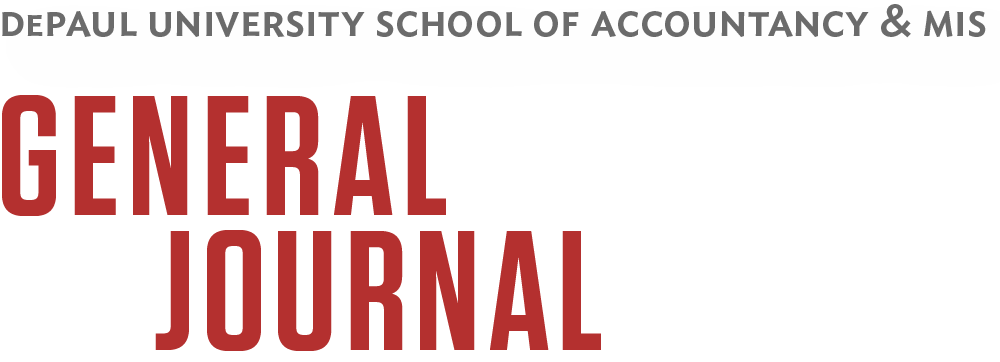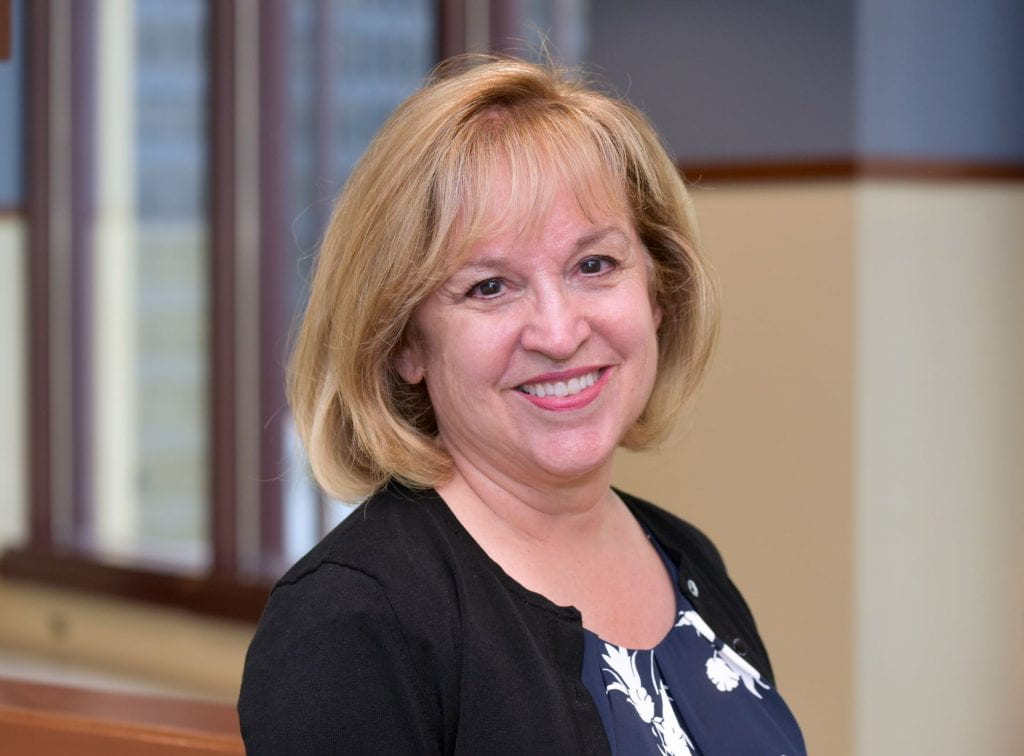When accountancy professor Cindy Durtschi first started teaching forensic accounting almost 20 years ago, she ran into a problem. “My first thought was: how can I teach students to identify fraud by just talking about it? They needed realistic scenarios to learn to apply the skills I was trying to teach, and they needed to be able to practice,” she says.
In the years that followed, Durtschi set out to create simulated experiences for her students to learn how to identify fraud and gain other key problem-solving skills. This resulted in the publication of her first case study, “The Tallahassee BeanCounters: A Problem-Based Learning Case in Forensic Auditing,” which won the 2006 American Accounting Association Innovation in Audit Education Award. Case studies like this one challenge students to use principles they learn in class to analyze and propose a solution to a business scenario involving a real or fictitious organization and its leaders.
“I chose to create a minor league baseball team [the Tallahassee BeanCounters] as a company because it was relatively simple and straightforward,” says Durtschi.
The case was being used as a classroom exercise at DePaul’s business college and other universities around the country by the time she joined the university in 2008.
Today, Durtschi is faculty director of the Master of Science in audit and advisory (MSAA) program in DePaul’s School of Accountancy & MIS and president of the American Accounting Association Council. She continues to publish forensic cases that are used in classrooms around the world, and has earned several teaching awards over the years. The cases she writes have grown increasingly complex, she says, and are geared more toward data analytics—the focus of the MSAA program.
“The goal is to create so much data that students have to use analytics tools to decipher them,” she says.
Collaborating with students is especially exciting for Durtschi, who works with graduate and research assistants to create the data for her cases. “The students help create financial statements, email correspondence, and even characters within the company,” she says. “It makes them think about how real people within a company might interact with one another, essentially raising their sights out of the books and making them look at how they will be working and dealing with people in the real world.”
Immersing students in these hands-on learning opportunities is the basis of the MSAA program. Rooted in data analytics, the program combines forensic accounting and internal audit to teach students how to better analyze data. Courses are all case- and problem-based, with a heavy emphasis on technology.
“The CPA for accountants of the future is necessary, but it’s not sufficient,” says Durtschi. “The next generation of accountants needs to be able to think creatively and communicate effectively. That’s what makes this program unique—we’re teaching beyond the accounting fundamentals and looking deeper into other skill sets our students will need to be successful in the future.”
For Durtschi, it’s all about holistically preparing students for their careers. “It’s so easy to get lost in the rules-based aspect of accounting,” she says. “Accounting is so precise, so it’s almost an oxymoron to say ‘creative accounting,’ and yet, accountants in the real world need to be able to be creative—to look at a problem from different angles and think of a creative solution.”
By Nadia Alfadel Coloma | Photo by Kathy Hillegonds

